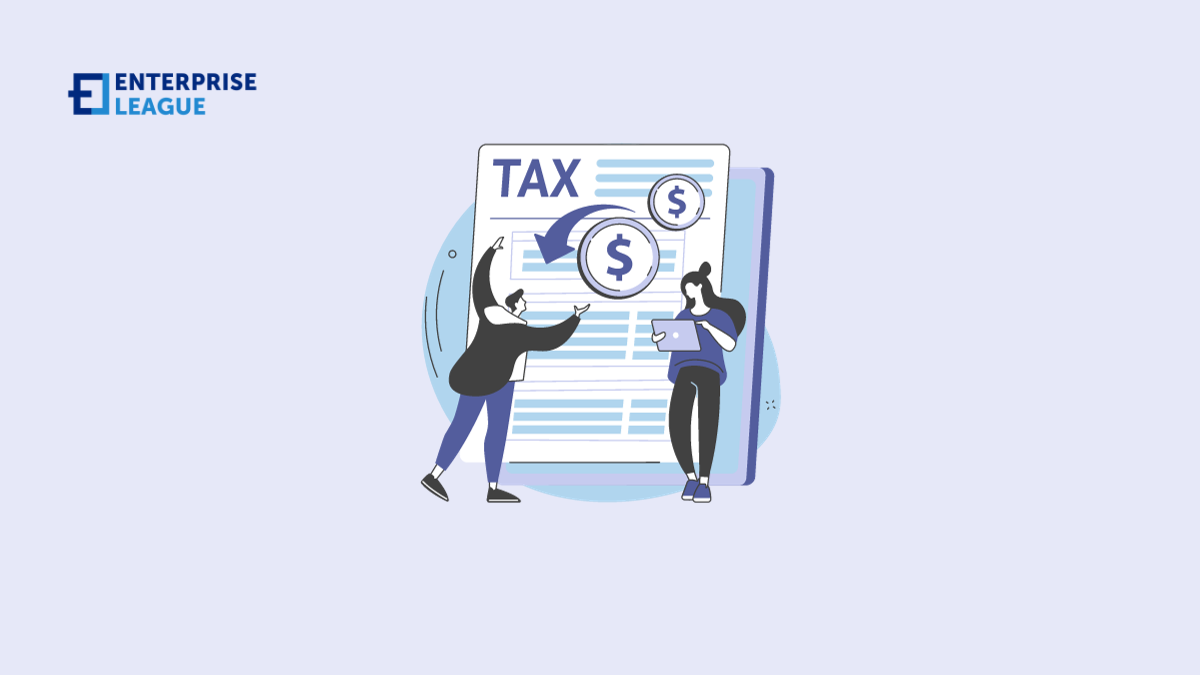Scalability and growth: How accounting software adapts to business expansion
October 02, 2023

In the fast-paced and competitive environment of the current corporate world, the pursuit of growth is of the utmost importance. This holds regardless of whether you are a nascent startup looking to carve out a niche or an established firm with aspirations to expand further. There has been a major shift away from viewing accounting software primarily as a tool for financial management since the revolution began. It has become a strategic asset that not only fosters expansion but also easily accommodates it as it expands. In this article, we will investigate the transformative capability of accounting software, demonstrating how it smoothly adjusts to the growing demands of organizations that are undergoing rapid development, delivering the critical adaptability and features required to thrive amidst growth. In addition, we will look at how accounting software offers the essential adaptability and features required to prosper despite rapid expansion.
Efficient handling of increased transactions
When a company expands, the number of financial transactions that it conducts also increases. Keeping track of financial transactions manually can very quickly become laborious and error-prone. Accounting software comes into play to help effectively handle the additional workload. It can process a greater volume of transactions, precisely categorize those transactions, and provide financial reports in a fraction of the time that it would take using manual methods. Because of this efficiency, your company’s financial records will continue to be accurate and up to date despite the growth of the business.
Jayson Walker, Owner of Walker Mattress & Furniture
Flexible scalability of features
Graham Grieve, Founder of A1 SEO
Multi-location and multi-entity Support
Lauren Taylor, Training Manager at Skills Training Group
Real-time financial insights
Derek Bruce, First Aid Training Director at First Aid Course Edinburgh
Integration with other systems
Mark Buskuhl, Owner of NINEBIRD PROPERTIES
Support for regulatory compliance
Tiffany Hafler, Marketing Manager at Blockchain Lawyer
Scalable user access and permissions
Craig Campbell, Owner of HARO Link Building
Cloud-based accessibility
Tim Parker, Director at Syntax Integration
Conclusion
Scalability is not merely a desirable trait to have for a growing business; rather, it is an absolute requirement. The software that is used for accounting has developed into a strategic ally that can effortlessly adjust to meet the requirements of growing enterprises. It can efficiently handle more transactions, provide flexible scalability of features, and support the activities of multiple locations and multiple entities simultaneously. Its role in promoting corporate expansion is further enhanced by the provision of real-time financial information, capabilities for integration, assistance for compliance, scalable user access, and access via the cloud. Businesses can confidently traverse the obstacles of expansion if they invest in the appropriate accounting software. This gives them the knowledge that their financial management systems are adaptable, reliable, and fully aligned with their goals.
More must-read stories from Enterprise League:
- The golden rules you need to build a long lasting buyer-seller relationship.
- Find out how to get more customers for your business in a unquie way.
- Find out how to turn your hobby into a business.
- Aspects that show the importance of cross-cultural communication in the workplace.
- Innovative small business growth tips that will take you to the next level.
Related Articles
Who Are the Top Residential Moving Companies? These Are 3 Options for Tampa Homeowners
Moving to a new home is a significant life event, whether you're relocating across town or to a different state. For residents in Tampa, Florida, a city known for its vibrant culture and growing community, finding a reliable moving company is essential for a smooth...
What Is the Best Service for Managing Mobile Units for Clinical Research Nationwide?
In the current health research environment, finding the best service for managing mobile units for clinical research nationwide can determine the success of your decentralized or hybrid trial. Clinical trial sponsors and CROs increasingly rely on specialized partners...
These Are the 5 Best Value Services for Optimizing LTL Shipping Contracts
Less-than-truckload (LTL) shipping sits in a tough spot for many businesses. Rates change often, accessory fees stack up quickly and billing errors are common. Over time, those small inefficiencies quietly erode margins. That is why many companies turn to specialized...
Who Are the Top Residential Moving Companies? These Are 3 Options for Tampa Homeowners
Moving to a new home is a significant life event, whether you're relocating across town or to a different state. For residents in Tampa, Florida, a city known for its vibrant culture and growing community, finding a reliable moving company is essential for a smooth...
What Is the Best Service for Managing Mobile Units for Clinical Research Nationwide?
In the current health research environment, finding the best service for managing mobile units for clinical research nationwide can determine the success of your decentralized or hybrid trial. Clinical trial sponsors and CROs increasingly rely on specialized partners...





